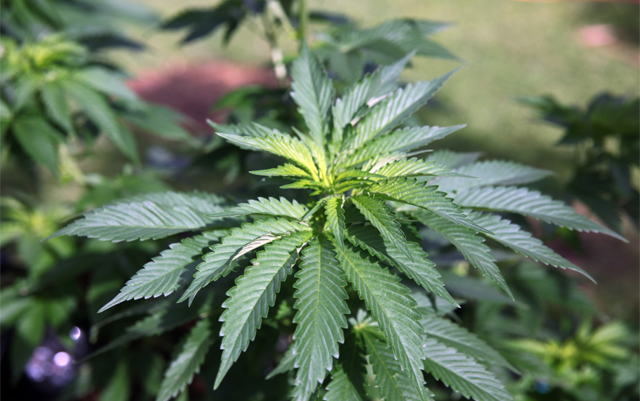U.S. House Passes MORE Act
Last week, the U.S. House of Representatives approved legislation to effectively federally legalize cannabis. This is the second time in history that the House has approved such a bill. The Marijuana Opportunity, Reinvestment and Expungement (MORE) Act, sponsored by House Judiciary Chairman Jerrold Nadler, was approved after an hour of debate with a vote of 220-204. The vote for the passage of the bill fell mostly along party lines; only two Democrats opposed the legislation and three Republicans were in favor. A very similar version of the MORE Act was also passed by the House in 2020, but it died in the Senate.
Cannabis Legalization Will Be on the Ballot in Maryland This Year
This November, voters in Maryland will get the opportunity to decide whether or not to legalize cannabis. A separate bill that would create the regulations for the legal industry if voters do approve legalization was also passed and sent to Governor Larry Hogan. HB 1 puts the question of legalization on the ballot and was amended in the Senate to include language that clarifies that legalization would not go into effect until July 2023 and only those 21 and older could access the legal market. HB 837 creates basic rules for the recreational cannabis industry regarding penalties and record expungements if voters approve HB 1. Both bills are from Delegate Luke Clippinger, who is the chair of the Judiciary Committee.
Canada Moves to Make Application Process More Efficient
Canada’s cannabis license application process will soon see some changes that will help licensees get cannabis products to market faster. Health Canada will allow standard and micro-class marijuana processing licensees to sell fresh and dried cannabis products during the initial licensing phase. This means that these license holders will not need to apply for an amendment to sell their products to wholesalers. The change will go into effect on April 19th and only applies to fresh and dried cannabis products. Those processors who intend to sell additional products, such as vape cartridges, will need to apply for a sales amendment for their license. The hope is that this change will reduce the licensing application process by several months.






